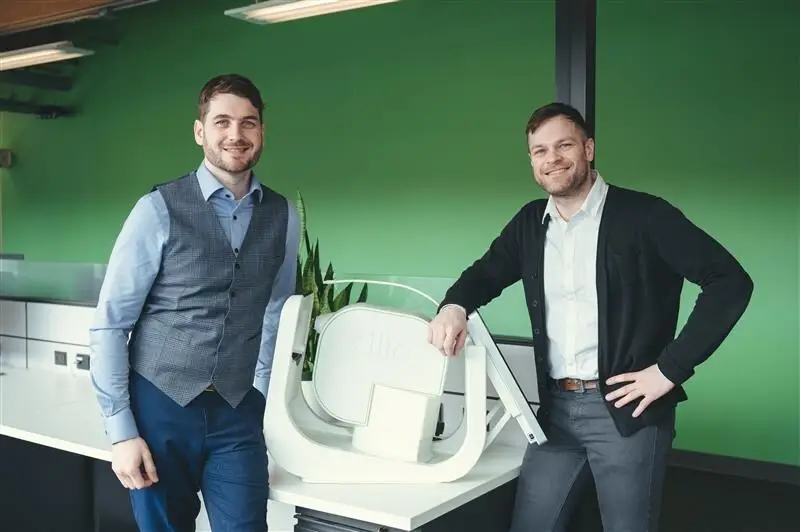Flagship Pioneering, the bioplatform innovation company, today unveiled Quotient Therapeutics, a company pioneering somatic genomics, the study of genetic variation at the cellular level, to discover therapeutics informed by new links between genes and disease. Flagship has made an initial commitment of $50 million to advance development of the company’s platform following two years of development at Flagship Labs and pursue a pipeline of medicines across a wide range of therapeutic areas and modalities.
“The assumption that we each have a single genome turns out to be off by a trillion-fold,” said Geoffrey von Maltzahn, Ph.D., Co-Founder and Chief Executive Officer of Quotient Therapeutics and General Partner, Flagship Pioneering. “All cells accumulate random genetic changes in their DNA, resulting in trillions of unique genomes in the body. Some genetic changes make a cell resistant or vulnerable to disease, while others can cause disease. We started Quotient to study the natural genetics library inside every tissue, discover gene variants that are beneficial, neutral, or disease-causing, and to harness that knowledge to develop the medicines of tomorrow.”
Quotient’s Somatic Genomics platform utilizes proprietary single molecule, genome sequencing technology to reveal the extensive variation encoded in the somatic genome at unprecedented resolution. Created by Flagship scientists in partnership with leading geneticists at the Wellcome Sanger Institute and the University of Texas Southwestern, this platform is able to study natural selection at the cellular level through four steps: phenotyping of cells from clinical tissue samples, isolation, single cell genotyping, and computation. As a result, naturally selected genes, proteins, and pathways are identified as prospective targets for the development of transformative therapies intended to cure, prevent, or reverse disease. Quotient’s approach will enable the development of first-in-class drugs across a broad range of modalities and therapeutic areas, including immune disease, cardiometabolic disease, infectious disease, oncology, neurodegenerative disease, rare disease, and aging.
Jacob Rubens, Ph.D., Co-Founder and President of Quotient Therapeutics and Origination Partner, Flagship Pioneering added, “At Quotient, we’re inspired by the maxim that ‘Nothing in biology makes sense except in the light of evolution.’ Our Somatic Genomics platform measures genetic changes underlying the evolution of cells in the body to make sense of disease, illuminating the path to a wide range of potentially curative medicines. Already, we’ve created the world’s largest somatic genomes dataset, demonstrated the applicability of our platform to multiple therapeutic areas, and translated our genetic discoveries into drug discoveries.”
Noubar Afeyan, Ph.D., Founder and CEO, Flagship Pioneering and Co-Founder and Strategic Oversight Board Chairman, Quotient Therapeutics, remarked, “One of the defining characteristics of the modern era of genetics has been the systematic comparison of people’s genomes. Today, we stand at the precipice of a new era, enabled by the comparison of the trillions of genomes inside each one of us. Genetics has already created tremendous advances in human health, and Quotient is pioneering the next big leap forward.”
Academic co-founders of Quotient include Professor Sir Mike Stratton, MD, PhD, Inigo Martincorena, PhD, and Peter Campbell, PhD, from the Wellcome Sanger Institute, and Hao Zhu, MD, from University of Texas Southwestern. In addition to von Maltzahn and Rubens, Quotient is led by Scott Hayton, Ph.D., Acting Chief Operating Officer, Caroline Fox, M.D., MPH, Senior Vice President, Head of Genetics and Target Discovery, and Simon Brunner, Ph.D., Co-Founder and Head of Platform. Quotient is co-located in Cambridge, MA and Cambridge, UK with research facilities in both cities.

